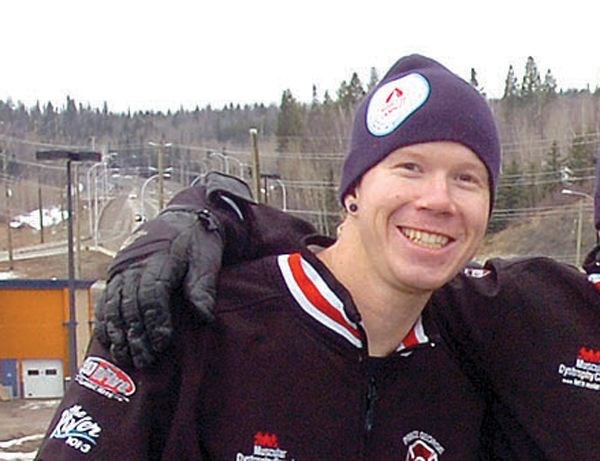The stolen property trafficking trial of a former firefighter is on hold while a judge considers whether Jeremy Matthew Kostyshyn's charter rights were violated.
Kostyshyn, 34, was first arrested in May 2013 and has since been charged with five counts of trafficking involving an excavator, a boat and trailer, a loader and two flat deck trailers and four counts of possession of stolen property over $5,000 involving a boat and trailer, an all-terrain vehicle, and two snowmobiles.
Defence lawyer Patrick Fagan argued the 28 months that have passed since then violated Kostyshyn's right to a speedy trial, guaranteed under the Charter of Rights and Freedoms.
Court heard Kostyshyn, alleged to have been part of an extensive theft ring, lost his job after the charges were laid and has since had trouble finding work.
Supreme Court Justice Ronald Tindale listened to evidence Monday for the voir dire - or trial within a trial - and is expected to give his decision this morning.
Crown prosecutor Marie Louise Ahrens said the case gave the local fire department "a black eye," referencing a connected case that saw another firefighter Benjamin Taffy Williams convicted in June for possession of a stolen jetboat.
She argued there was no delay, but the courts must also consider "the importance to the community of this case, which must be balanced against the right of the accused to a speedy trial."
This will be the third attempt at trial for the Prince George man, which was first scheduled in June 2014 then postponed to December 2014 when provincial court judge Dan Weatherly learned he knew one of the witnesses and withdrew due to the conflict of interest.
Right before the second scheduled date Ahrens, who took over the case in mid-November, upgraded two of the possession charges to trafficking.
"It's important not to lose sight of the fact that two days - two days - before the commencement of those trial proceedings, the Crown decides without any prior notice to the defence to change two of the charges. (They are) very different charges," said Fagan. "The defence was left with no alternative but to ask for adjournment. There would not have been an adjournment if the Crown had (not) altered the charges."
Fagan said he had no problem with the scheduling of the first trial, but the delays to December 2014 and then to September 2015 were unacceptable.
The blame for them "falls squarely on the shoulders of the Crown," Fagan argued.
Ahrens, meanwhile, characterized the June to December 2014 delay as a "reasonably brief period," and placed the responsibility for the September start at Fagan's feet.
Ahrens brought emails into evidence over the afternoon break showing her assistant set out to schedule the trial as early as February.
It was "a most meaningful lapse," she said of the failure to provide emails that showed it was Fagan's assistant who suggested the September dates as his earliest availability.
"This is where I say the application must fail, both for its impropriety and for what it actually shows as to what I might call the real delay in this case," she said.
"It is not fair to hold the substantial part of that delay against the Crown," she said, while Fagan said most senior lawyers have to book far in advance for five-day trials and his client shouldn't be blamed for that.



